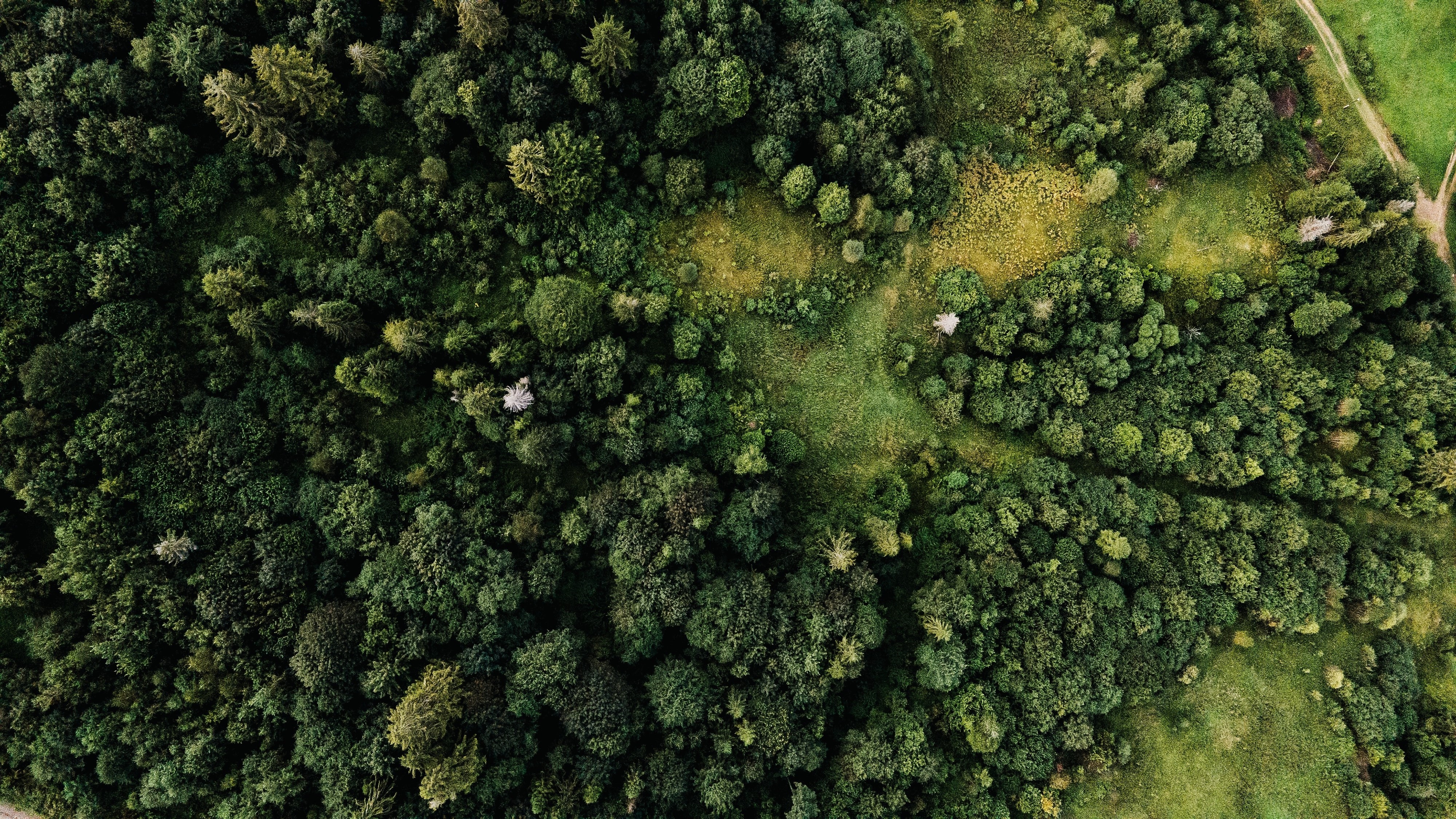The Open University held its first online Sustainability event for staff in 2020 and we looked at breaking this issue down into easier 'manageable challenges' in our lives, so we can all do our bit to create positive change. We invited a range of external speakers to share their ideas with colleagues and recorded these sessions to share wider with those looking to make sustainable changes in their lives.
Talks about living sustainably
-
Biodiversity with The Parks Trust
Watch now to access more details of Biodiversity with The Parks TrustEnsuring outside areas have a good variety of plants and wildlife is crucial for ecosystems to thrive.

-
Being Sustainable(ish)
Watch now to access more details of Being Sustainable(ish)Jen Gale explores the idea of leading a sustainable(ish) lifestyle.

-
Going on a plastic diet
Watch now to access more details of Going on a plastic dietSisters Against Plastic (Mary and Theresa) are ‘normal people’ who noticed just how much plastic they were using.

-
What you need to know about carbon footprints
Watch now to access more details of What you need to know about carbon footprintsJo Hand explores carbon footprints and how we can all make an environmental impact.

-
Fighting Food Waste
Watch now to access more details of Fighting Food WasteAnn Storr explores simple options to tackle food waste.

Explore more activities
-
Adventure in the Amazon
Take part now to access more details of Adventure in the AmazonPack your bags, board the plane and your journey starts now! Take the adventure through the Amazon and see how your choices will impact on the future of the rainforest.

Activity
Level: 1 Introductory
-
Plastics in our ocean
Take part now to access more details of Plastics in our oceanTest your knowledge about plastics in our oceans, and learn about how they impact the environment by clicking on the image below...

Activity
Explore more articles
-
Vegans: why they inspire fear and loathing among meat eaters
Read now to access more details of Vegans: why they inspire fear and loathing among meat eatersMatthew Cole and Kate Stewart explore why veganism stimulates such aggressive responses.

Article
Level: 1 Introductory
-
Traditional Ecological Knowledges: Learning from the past to inform the future
Read now to access more details of Traditional Ecological Knowledges: Learning from the past to inform the futureMany indigenous communities have used their environmental knowledge to manage their environment. This article explores Traditional Ecological Knowledges and how we can live more sustainably.

Article
Level: 1 Introductory
-
What impact does your pet's food have on the environment?
Read now to access more details of What impact does your pet's food have on the environment?Producing food for our four-legged friends comes with a massive environmental costs, explains Cailin Heinze.

Article
Level: 1 Introductory
-
Is your wash day polluting the oceans?
Read now to access more details of Is your wash day polluting the oceans?Every time you wash your clothes, microfibres escape into the environment. And that, explains Dr Natalie Welden, is a huge threat to our oceans.

Article
Level: 1 Introductory
Explore more courses
-
Could we control our climate?
Learn more to access more details of Could we control our climate?Climate crisis is one of the grand challenges we face as a society, but it can be hard to approach as a subject. Not only can the science at times seem dauntingly complex, but the solutions are also far from clear. This leaves many people feeling confused, guilty, anxious, angry, or else completely switched off from the subject. This course ...

Free course
24 hours
Level: 1 Introductory
-
Eating for the environment
Learn more to access more details of Eating for the environmentThis free course, Eating for the environment, will explore the links between food, nutrition and environmental sustainability.

Free course
8 hours
Level: 2 Intermediate
-
Can renewable energy sources power the world?
Learn more to access more details of Can renewable energy sources power the world?We ask the question ‘Can renewable energy sources power the world?’ as a response to the growing awareness that increased use of renewable energy technologies is making a major contribution to global efforts to limit anthropogenic climate change. The course begins by examining the environmental concerns that have caused a rise in interest in ...

Free course
24 hours
Level: 1 Introductory
-
Citizen science and global biodiversity
Learn more to access more details of Citizen science and global biodiversityThis free course, Citizen science and global biodiversity, deals with the importance of biodiversity and explores how anyone can contribute to and be involved in identifying and recording wildlife, as a citizen scientist. It looks at what citizen science is, and how citizen science facilitates public involvement in scientific research ...

Free course
24 hours
Level: 1 Introductory
-
Climate change: transitions to sustainability
Learn more to access more details of Climate change: transitions to sustainabilityHuman societies have to take urgent action to end their dependences on fossil fuels. We have to alter the whole path of our development and decision making in order to make our societies both environmentally adaptable and sustainable. This free course, Climate change, takes on the task of trying to chart some of the ways in which it might be ...

Free course
5 hours
Level: 2 Intermediate
-
Introducing environmental decision making
Learn more to access more details of Introducing environmental decision makingMany of the decisions we make have implications for our environment, particularly those concerning natural resources and waste. Taking account of environmental factors in decision making can be both complex and challenging. This free course, Introducing environmental decision making, considers decisions in their broader contexts and advocates a ...

Free course
24 hours
Level: 3 Advanced

Rate and Review
Rate this activity
Review this activity
Log into OpenLearn to leave reviews and join in the conversation.
Activity reviews